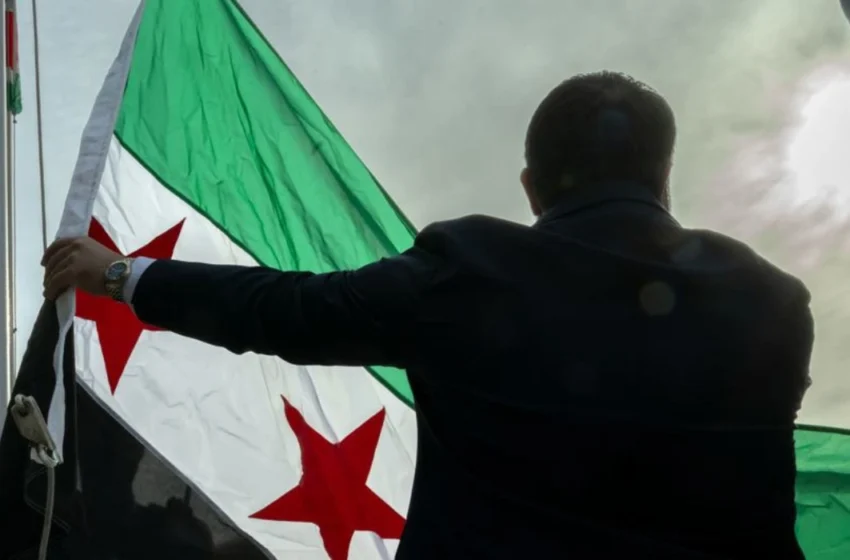
UN Security Council debated complex road ahead for Syria’s reconstruction
Syria is experiencing a tumultuous transition following years of conflict and authoritarian governance. While there has been some political movement, persistent violence, escalating economic difficulties, and a deteriorating humanitarian crisis underscore the pressing and ongoing requirement for international assistance.
Four and a half months following the Assad regime’s downfall, the interim authorities have started implementing formal political reforms, as reported to the Security Council on Friday. This includes creating a more inclusive and varied cabinet, along with preliminary plans to set up an interim People’s Assembly.
Nevertheless, the process is still fragile and unfinished, leaving many Syrians unclear about their place in the country’s future.
Serious repercussions of failure
UN Special Envoy for Syria Geir Pedersen addressed the ambassadors, stating, “The challenges are enormous, and the situation is very delicate. There is a pressing need for greater political inclusion and increased economic activity. A significant shift in both areas is essential for the success of the political transition in Syria. If these changes do not occur, the transition is unlikely to succeed, with potentially severe consequences.”
Mr. Pedersen stressed the need for Syria’s new leadership to expand political participation and implement actions that tackle entrenched grievances, especially following the March violence against predominantly ethnic Alawite communities in their coastal stronghold.
Aid programs face the threat of closure
At the same time, the humanitarian crisis continues to be severe. More than 70 percent of the inhabitants are in need of assistance, and over half are food insecure. While there have been some positive local trends, in particular areas around Aleppo and the northeast, humanitarians say budget gaps are putting lifesaving activities at risk.
UN Assistant Secretary-General for Humanitarian Affairs, Joyce Msuya, emphasized that “we need more budget to sustain this work, let alone scale it more.” She added that up until now, fewer than 10 percent of the budget needed for relief responses for the first half of 2025 had been accepted. Hospitals, food distribution and essential services risk breakdown if they do not receive direct assistance, she cautioned.
Syria’s updated flag is now raised at the UN
Earlier in the day, Syria’s new flag was hoisted next to those of other Member States at UN Headquarters, where supporters assembled on First Avenue in Manhattan. The updated flag features three stars—one more than the former Assad-era flag—and was flown by groups fighting against the previous regime and its military.
U.S. demand for an action
The United States urged Syria’s interim administration to be more politically representative, to build stronger management and to provide full responsibility for previous monstrosities. Acting Representative Dorothy Shea greeted the establishment of a new cabinet as a possible action in the right direction, emphasizing more needs to be done to nominate competent and expected public officials.
She further stated that Syria should also stop Iran and its allies from using its region and that it should eliminate weapons of mass destruction, help in the recovery of US residents who went missing in Syria as well as secure the safety and liberties of all Syrians.
A call for accountability has been made by Russia
Russia expressed its support for initiatives aimed at fostering national unity and maintaining interaction with all communities, which includes ethno-religious minorities. However, Ambassador Vassily Nebenzia noted that his country is concerned about the instability in coastal areas, particularly in Latakia and Tartus, where contemporary brutality has had a disproportionate impact on Alawite civilians.
He acknowledged the extension of the independent investigative committee looking into the killings, expressing optimism for a thorough, transparent, independent, and impartial investigation that will hold the perpetrators accountable. He also highlighted that Russia continues to back Syria’s humanitarian recovery, having recently donated $5 million to the UN World Food Programme.


